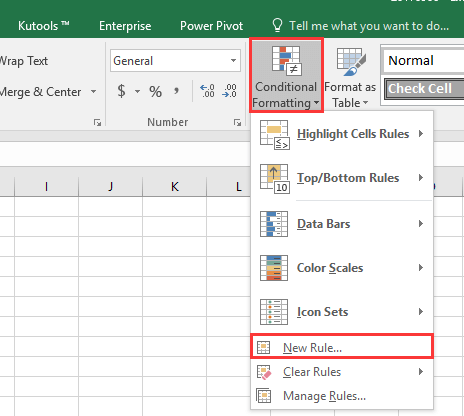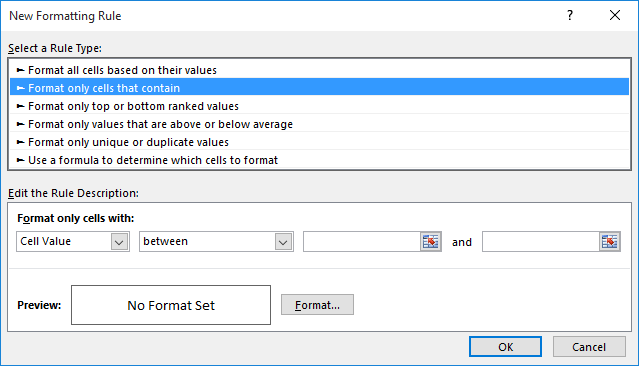
I expect to get "This is Microsoft Outlook." and the red title in Outlook, but "This is NOT Microsoft Outlook" and the black title should be in other non-Outlook clients.Quick Start | Examples | Troubleshooting | TrainingĬonditional formatting is a fantastic way to quickly visualize data in a spreadsheet. Note the use of the extra comment closing What if we need to use the code for all clients other than Outlook? It's easy: For example, I want to make the title red for Outlook only. What a great option! We can also use conditional statements for creating specific CSS styles for Outlook clients. It means, Outlook will use the code from our comments like it is a regular code. For example,īut if we use special syntax, our comment will not be ignored by Outlook clients.

Tags, that information will be ignored by all email clients. You might already know that if we put almost any information between To ensure compatibility with other email clients, Microsoft decided to use the syntax of regular HTML comments. The solution is using conditional code, also known as conditional comments or MSO conditional statements.

Because of this, sometimes we have a situation where we need to use HTML code or CSS styles differently for Outlook than other email clients. At the same time, Outlook provides us with the opportunity of using Vector Markup Language (VML) in email templates. This sets many limits for using some HTML tags, their parameters, and CSS styles. This is due to the fact that, starting from version 2007, Outlook started using the text processor Word for rendering emails. If you have ever tried to build a universal HTML email template for all existing devices and applications, you know most problems are related to the Microsoft Outlook family.


 0 kommentar(er)
0 kommentar(er)
